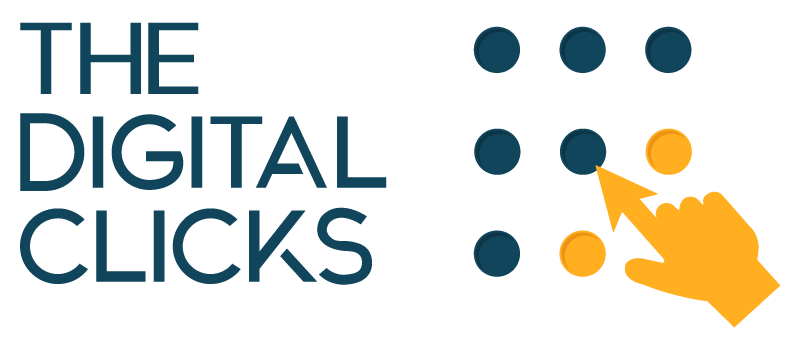What is lead generation? How to do it?
A potential customer refers to any person or company that is interested in your product. This interest is expressed by sharing contact details, clicking on the “Register Now” link, visiting their website, watching a video of a product, or participating in any form. Lead management processes use the details provided by the lead so that they can be systematically categorized and planned for action points.
You can then follow up on different leads based on their position in the marketing funnel or retrieve them from the content. For example, when a C-level representative in B2B person use contact form from their website, it has the following benefits – your sales team can contact the person directly and Can start Next. On the other hand, anyone who visits your website more than three times can be considered the top leader in the funnel. You can place ads that are specifically targeted to this audience to generate more interest. All of these activities fall into the definition of lead management.
Lead management is therefore a broad area that covers almost all sales techniques used to capture and convert leads. Although this can be done manually, it is advisable to use a digital platform that connects your website to one end and your CRM to the other so as to create a continuous data life cycle. The customer can then be guided through this lifetime, experiencing a desired journey from interest to conversion.
Types of leads:
Marketing Qualified leads
MQL are contacts who’ve engaged with your marketing team’s efforts but aren’t ready to receive a sales call. An example of an MQL is a contact who fills out a landing page form for an offer
Sales Qualified Lead (SQL)
Sales qualified leads are contacts who’ve taken actions that expressly indicate their interest in becoming a paying customer. An example of an SQL is a contact who fills out a form to ask a question about your product or service.
Product Qualified Lead (PQL)
Product qualified leads are contacts who’ve used your product and taken actions that indicate interest in becoming a paying customer. PQLs typically exist for companies who offer a product trial or a free or limited version of their product with options to upgrade, which is where your sales team comes in. An example of a PQL is a customer who uses your free version but engages or asks about features that are only available upon payment.
Service Qualified Lead
Service qualified leads are contacts or customers who’ve indicated to your service team that they’re interested in becoming a paying customer. An example of an service qualified lead is a customer who tells their customer service representative that they’d like to upgrade their product subscription; at this time, the customer service representative would up-level this customer to the appropriate sales team or representative.
Why is lead generation so important to your brand?
By servicing your target audience only through lead generation, you can ideally match your brand with the right customers. Lead generations can also increase brand awareness and reputation. When people discover your brand, you can provide them with more information about the product’s features and benefits.
When a company focuses on lead quality, it dramatically increases the chances of turning a lead into a customer. The higher your conversion rate, the more confident you can invest in quality leads, and the higher your return on investment (ROI).
Why choose us:
We supports customers by providing their sales teams with access to a complete stack of sales and marketing tools that facilitate lead conversion to increase sales productivity.
SEO
Say you are selling the best product in a niche or giving the best service to the customers. But how the customers will find you in the crowd of millions of websites and billions of WebPages?
Google Ad Words
Google Ad words is a tool that will allow us to connect with our audience through paid ads. It allows us to impact our audience at different times.
Pay-per-click Advertising
PPC or pay-per-click is a digital advertising model in which an advertiser pays an amount (fixed or determined by auction) each time a user clicks on one of the ads to visit a website.
Content Writing
Each writer indeed has his own voice and style. However, content writers cannot always afford to indulge in the luxury, as part of becoming a content writer.
Social Media Marketing
Social networks are a mode of social interaction. It is a platform for sharing and discussing information between humans.
Website Designing
Nowadays, it is not enough to create a website; many companies forget one of the most important parts: dedication and time to update it.
Graphic Designing
A designer’s job is to communicate a client’s story, brand, and ideas, but you’ll also need good communication skills to present, enchant, and negotiate your work.


